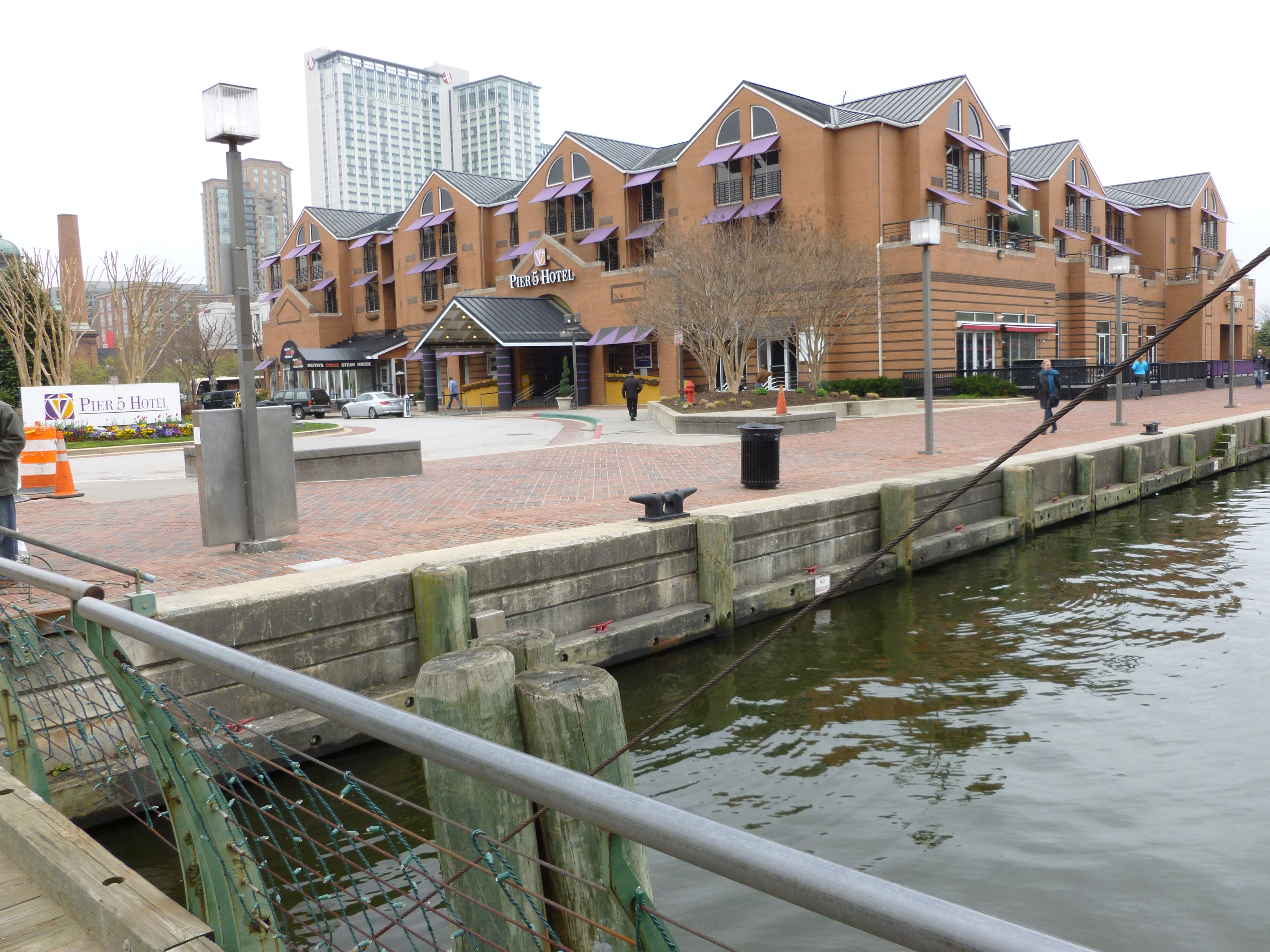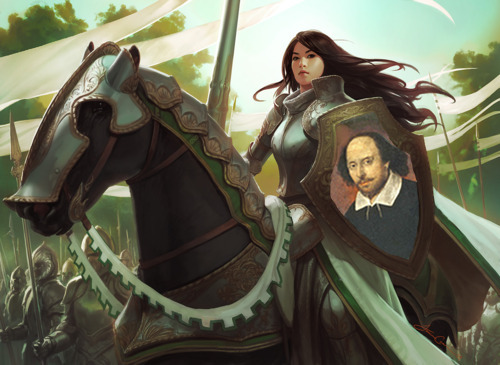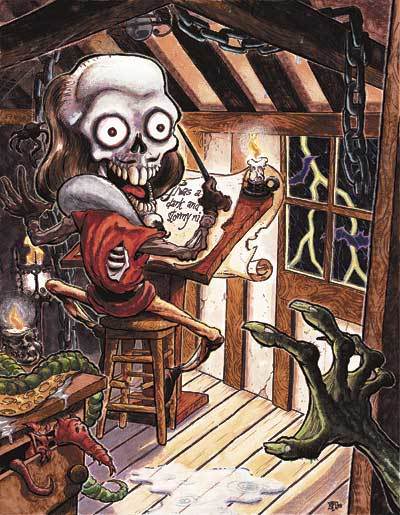For those who have been following the saga, Measure for Measure opened on Thursday. At this point, it’s nearly halfway through a two-week run. I was there to see the show opening night and, let me tell you, that was an interesting feeling.
I’ve been living with this project since last April when I sent an introductory e-mail to the director. Over the course of June/July, we spent a great amount of time cutting the script and crafting an acting edition (the first time I’ve ever had the chance to do this). Her goal was for the show to run two hours.
It ran two hours on the dot with a fifteen-minute intermission.
Since June/July, my level of involvement has ebbed and flowed. I team-taught a text workshop to the cast (along with my colleague who was ADing the show) to get them acquainted with the language. I called it the “quick and dirty method to opening up Shakespeare for actors who have never studied him before”. Who says brevity is the soul of wit?
For the most part, it worked. The product was definitely not conservatory-level, and there are notes I still would have given, but art is art and art is never finished nor is it ever completely satisfying to the true artist. On the whole, it was a show which I enjoyed (and that’s saying something; anyone who follows this blog can attest to how harsh a critic I can be), a show which I was proud to present to my cohorts, and a show which I had the opportunity to see grow from a seed of an idea to a fully-mounted production. That is a process which is always satisfying.
Over the course of working on Measure, I would occasionally get e-mails asking not-so-random (but sometimes seemingly so) questions. Do Catholic churches ring out the time? How long does it take to become a nun? What does this word/sentence/phrase mean? Some of these questions are things I could have predicted (seriously, “Prenzie”?), some of them I never would have imagined. But that’s part of what was so exciting about this; in working closely with the text and the director, I had the opportunity to come to new understandings about a show I (honestly) hadn’t put overmuch thought into before.
One of the tasks which I enjoyed the most was crafting a timeline of the action. When does this scene happen? How much time passes between Act I and Act V? (…the answer, for those who are curious, is somewhere between six days and three weeks depending on how much time passes between when Angelo takes office and when Claudio is arrested. After I.ii, the rest of the play’s events occur over the course of five distinct days). It was gratifying to be able to sift and sort the text and make some sense of it in a useful, tangible way. This, ideally, is what my job would always be like; someone has a question which needs answering, they ask that question of me, I go through what I know best and find an answer. Alas, if only everything were so simple!
My partner in crime, who was able to attend opening with me, told me he saw my fingerprints on the show. That, if nothing else, is perhaps the most gratifying part of my job. I also received a lovely e-mail from our department chair complimenting my work on the essays in the show’s program (double wonderful since those essays gave me such a headache when I was working on them).

Opening night. Yes, I know, the set looks basically the same from final dress. Sorry for the redundancy!
So, I declare my first official project as a dramaturg to be a success. I thoroughly enjoyed the process (even if sometimes it kept me up at night… literally. I was up until 2AM the night before opening sending out notes to actors) and will gladly do it again.
…maybe after a little break though. Twelfth Night is relatively time consuming and I do need to catch up on the desk-piles again. I really wish my papers would start writing themselves.








 This also complicates Hamlet’s killing of Polonius, as when he hears a rustling in the curtains of his mother’s bedchamber he could potentially believe it to be an undead foe and, thereby, shoot said foe in the head before it leapt out to attack. Polonius becomes an unfortunate victim of the country’s political strife as opposed to the sacrificial lamb of Hamlet’s madness.
This also complicates Hamlet’s killing of Polonius, as when he hears a rustling in the curtains of his mother’s bedchamber he could potentially believe it to be an undead foe and, thereby, shoot said foe in the head before it leapt out to attack. Polonius becomes an unfortunate victim of the country’s political strife as opposed to the sacrificial lamb of Hamlet’s madness.
